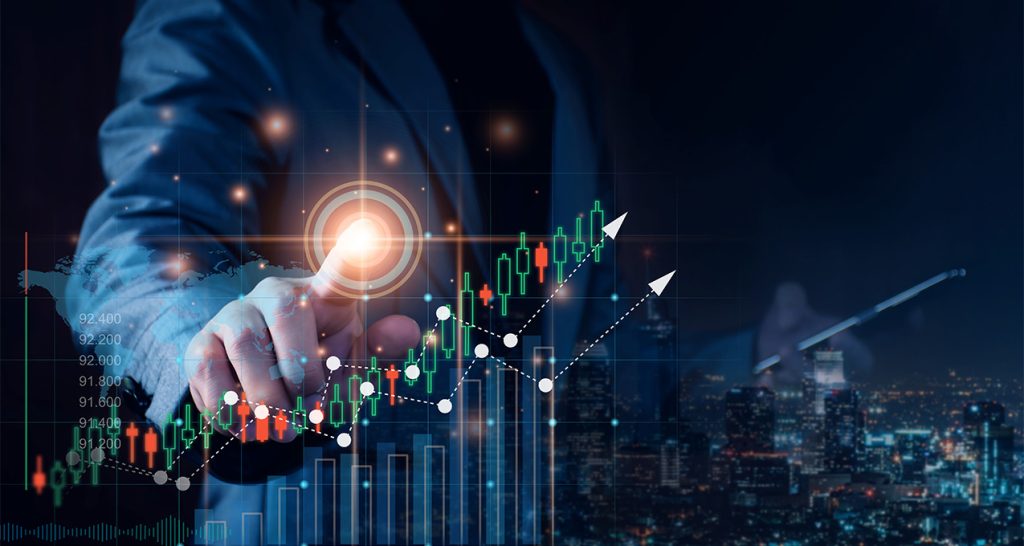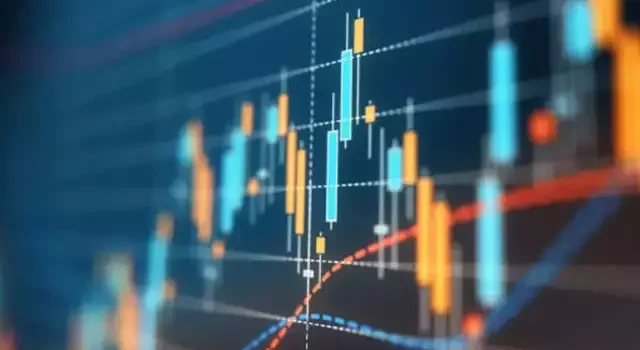For times, financial markets have seen the use of arbitrage—a tactic whereby traders profit by using price variations between several markets or platforms. Arbitrage historically depended on human timing and experience, which occasionally resulted in delays lowering possible earnings. But as technology develops, trader.fi arbitrage techniques efficiency has been enhanced, so speed becomes much more important than it has ever been. The changing role of technology in arbitrage will be discussed in this paper together with the reason faster action is now necessary for success in conventional arbitrage.
Arbitrage Evolution in Financial Markets
Arbitrage possibilities used to arise historically from differences between several markets or exchanges. Traders would track these variations and act fast to buy in one market and sell in another. Still, this was a sluggish process since it depended on human judgment and hand calculations. Technology has changed the scene in the quick-paced financial markets of today. Nowadays, computer algorithms track price swings and run deals in fractions of a second, enabling traders to take advantage of arbitrage prospects that either disappeared or went unreported before action could be taken.
Automation and algorithmic trading
Algorithmic trading is one of the main technical developments transforming arbitrage. Sophisticated programs allow traders to automatically find and seize arbitrage prospects. These systems are meant to make split-second decisions depending on predetermined criteria while analysing enormous volumes of data from many sources in real time. This effectiveness lets traders grab chances far faster than any human could.

Competency and Enhanced Market Efficiency
The competition has gotten more intense as more traders and companies adopt technology to improve their arbitrage techniques. The window of possibility for conventional arbitrage has closed as so many participants depend on algorithms to take advantage of market inefficiencies. Once a successful tactic for people or small businesses, what used to be a profitable approach today is controlled by big companies with access to the greatest technologies.
Real-time statistics and worldwide connectivity
Faster action in classic arbitrage is also driven in great part by the availability of real-time data and the worldwide connectivity current technology offers. Traders are free from depending on disjointed data sources or waiting for delayed price updates. By use of sophisticated data feeds, customers can acquire up-to-date information on price fluctuations across several markets all around. Faster answers and better-informed decisions made possible by this flawless data flow enable
Arbitrage’s Future and Speed’s Part in It
As technology continues to improve, the pace at which arbitrage opportunities are identified and exploited will only increase. Future advancements in machine learning, artificial intelligence, and quantum computing will likely further enhance the ability of algorithms to spot price discrepancies and execute trades with even greater speed and accuracy. These innovations will likely lead to even more competitive markets where success depends on being able to act faster than the competition.
Faster action is becoming increasingly essential for traditional arbitrage trader.fi as technology improves efficiency. With the rise of automation, real-time data, and global connectivity, the landscape of arbitrage is rapidly evolving. Traders must adapt by leveraging technology to stay competitive, as delays in execution can result in missed opportunities and diminished profits. The future of arbitrage will undoubtedly be shaped by speed, making quick decision-making and execution crucial to success in this fast-paced industry.

